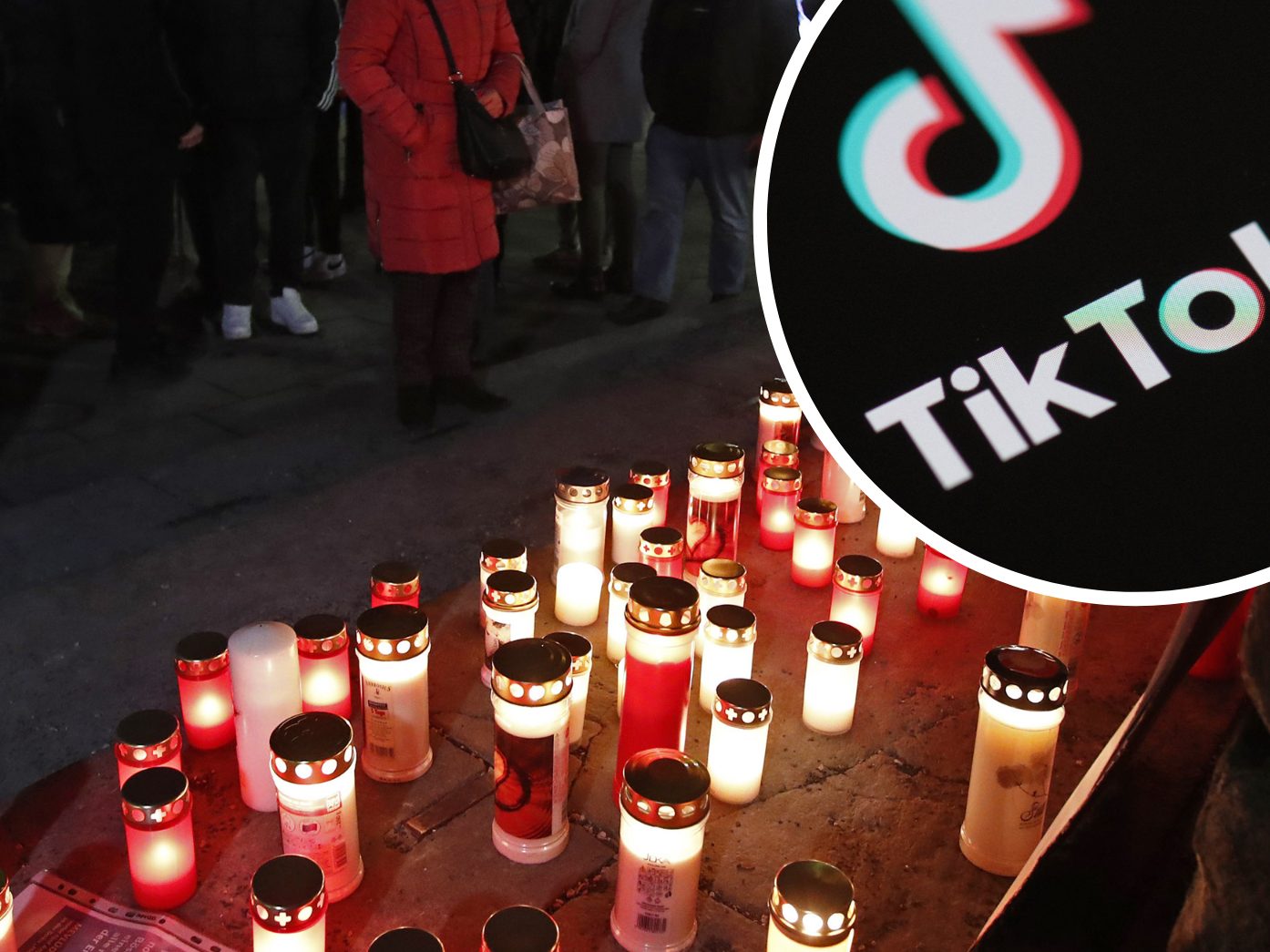Terror Attack in Villach: Calls for TikTok Ban Became Loud

Social media and influencers have been contributing to the radicalization of users for some time. In response to the incident in Villach, there have already been calls for a TikTok ban. Political scientist Thomas Schmidinger, however, advocates for a stronger focus on radicalizing influencers.
On apps like TikTok, Instagram, as well as Discord, Steam, and the website 4chan, potentially radicalizing content is abundant. The algorithms operating on apps like TikTok learn which videos are watched for a long time. If a video is played in the feed and interacted with for a longer period, similar videos will follow in the future. For videos to be removed from the platform, they must violate the community guidelines. Content is either removed by TikTok's own technology or by human moderators.
Regulation Since 2022
Since June 7, 2022, the regulation in the European Union requires internet platforms to delete terrorist content intended for radicalization within a maximum of one hour after identification. Removal orders can also be issued by national authorities.
If the regulations are systematically violated, internet platforms may be fined up to four percent of their revenue. The short video platform TikTok has created a guideline against violent extremism in accordance with the EU Terrorist Online Regulation. Nevertheless, extreme content continues to be disseminated. In the case of the 23-year-old Syrian, it is assumed that his video consumption led to the attack.
Terror Attack in Villach: Social Media as a Place of Radicalization
The social media platform Facebook, according to Schmidinger in an interview with APA, had implemented good measures after 2014 to prevent the further spread of extremist content. "This is apparently not quite the case with TikTok so far. So, of course, one can consider measures by exerting pressure on these networks to stop the further spread of certain extremist content," Schmidinger adds.
The Deputy Director of the Documentation Center for Political Islam, Ferdinand Haberl, stated in an official statement: "Islamist influencers and groups are increasingly operating across national borders, particularly online and in social media, where higher reach is often possible. Young people, in particular, are exposed to extremist ideologies in a low-threshold manner and, in the worst case, radicalized. Islamist content is potentially accessible on any mobile phone or laptop with internet access, regardless of location, and is tailored in its visual language to the younger generation. It is a transnational phenomenon that also reaches Austria through online channels in different languages."
Crises and Wars as a Breeding Ground for Radicalization
Significant events such as the coronavirus pandemic or the wars in Ukraine and Gaza can lead to increased radicalization. Julia Ebner writes in her work "Mass Radicalization" that the question should be asked of who is particularly vulnerable to being influenced by radical content due to the psychological and economic crises of recent years. This could counteract excessive polarization.
Terrorism researcher Daniela Pisoiu also emphasized the role of crises in an interview with the Morning Journal on Monday. In a research report from 2021, she wrote: "The pandemic has provided extremist actors with an opportunity to exploit the situation to achieve their goals, destabilize states and societies in the West, and especially undermine trust in governments." October 7, 2023, the day of the Hamas attack on Israel, led to an increase in antisemitic and anti-Muslim incidents in Austria. There was also a record high in right-wing extremist crimes in 2023. The Anne Frank Educational Center warned that TikTok could quickly radicalize people with antisemitic posts.
(APA/Red)
This article has been automatically translated, read the original article here.





